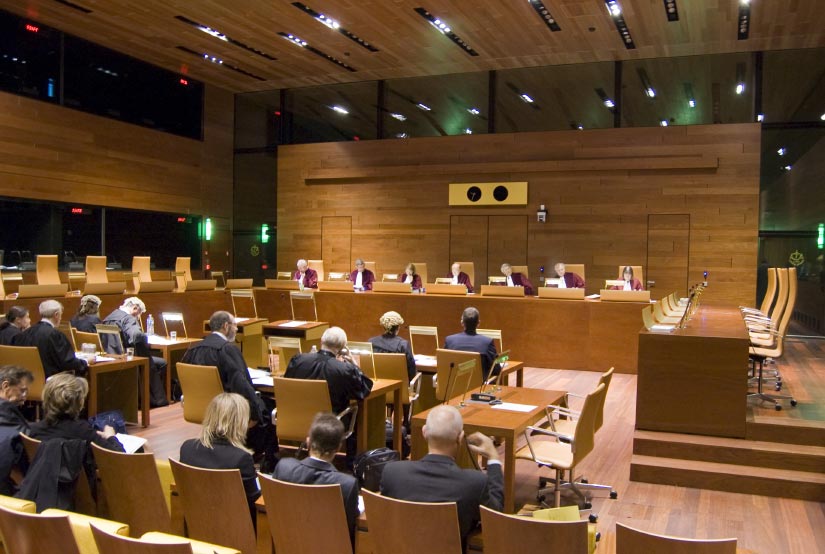What is the initiative for the Equality of Regions and the Sustainability of Regional Cultures?
The initiative for the Equality of Regions and the Sustainability of Regional Cultures aims to convince the European Commission to create a cohesion policy that pays special attention to regions with national, ethnic, cultural, religious or linguistic characteristics different from those of the surrounding regions. Source here.
What does it contain, what goals does it set?
Europe’s autochthonous national minorities are currently struggling to survive. Most host states do not properly support their development and existence. The aim of the Szekler National Council’s initiative is to make the EU’s cohesion policy – one of the biggest support frameworks in the European Union – pay special attention to regions distinguished by national, ethnic, cultural, religious and linguistic characteristic. Unfortunately, in current EU funding practice, regions with a minority national population are implicitly disadvantaged.
When, how did it start?
In 2013, the Szekler National Council submitted the initiative „Cohesion policy for the equality of regions and the sustainability of regional cultures” to the European Commission. The initiative was rejected. The initiators challenged the EC’s decision at the Court of Justice of the European Union. While the claim was rejected at first, the rejection was annulled in March 2019 after a successful appeal against it by the initiators. In two months, the initiative was registered by the EC, signature collection received the green light, and 1 million signatures from 7 EU countries had to be collected in 1 year. The campaign was only partially successful. By midnight on May 7th, 2020, the 1 million signatures were collected from no more than 3 countries (Hungary, Romania, Slovakia). The European Commission extended the signature- collection period by six months due to the coronavirus pandemic and the online technical difficulties in the run-up period.
Milestones

The proposal
The cohesion policy of the EU should pay special attention to regions with national, ethnic, cultural, religious or linguistic characteristics different from those of the surrounding regions. In these regions, including geographic areas with no administrative competences, economic backwardness should be prevented, the pace of development should be maintained and the conditions for economic, social and territorial cohesion should be preserved in a way ensuring that their socio-cultural characteristics remain unchanged. In order to achieve this goal, such regions must have equal opportunity to access the EU’s structural funds, while the preservation of their characteristics and their proper economic development must be guaranteed, so that the EU’s development can be sustained and its cultural diversity preserved. Source here.
Future plans
A successful campaign for signature collection – launch an online campaign in 7 countries, where the collection underperformed. 4 further countries are needed for a valid submission, but the initiators targeted more countries to ensure success.
Support the initiative
The collection of signatures for the citizens’ initiative for national regions started again, you can sign the initiative – if you have not already done so – by visiting this link





